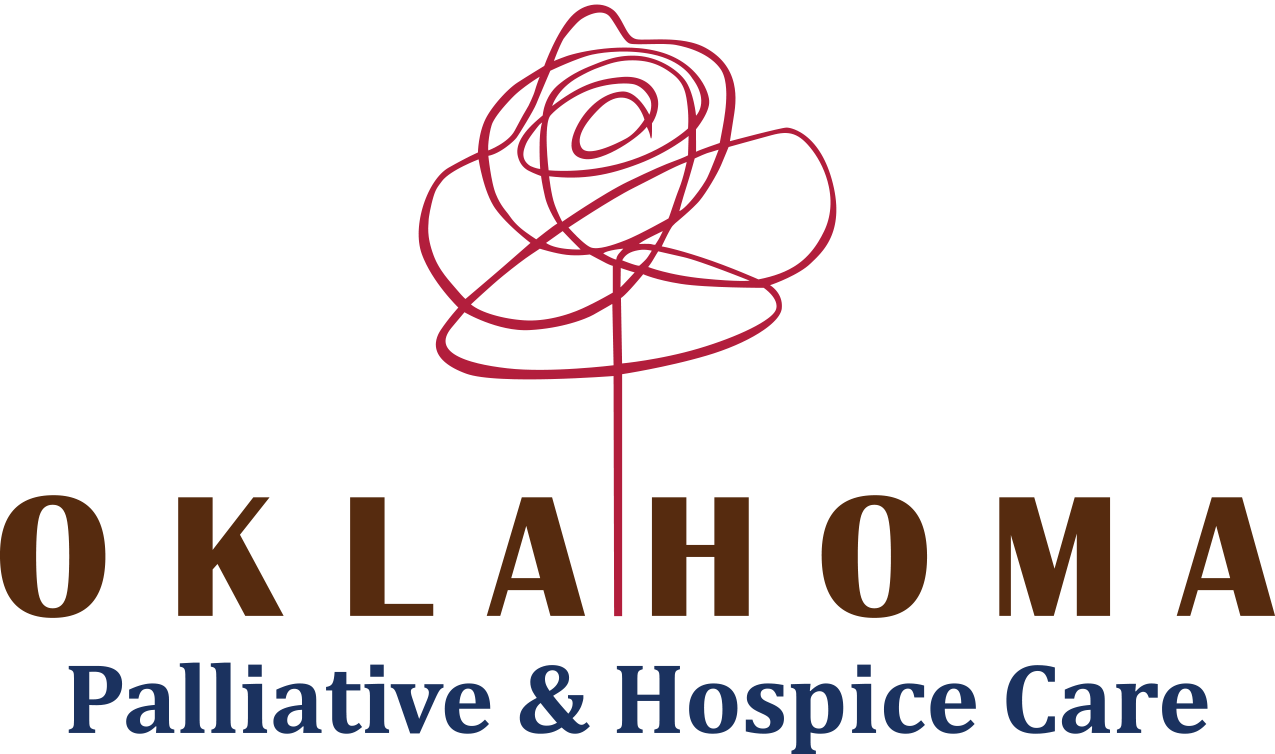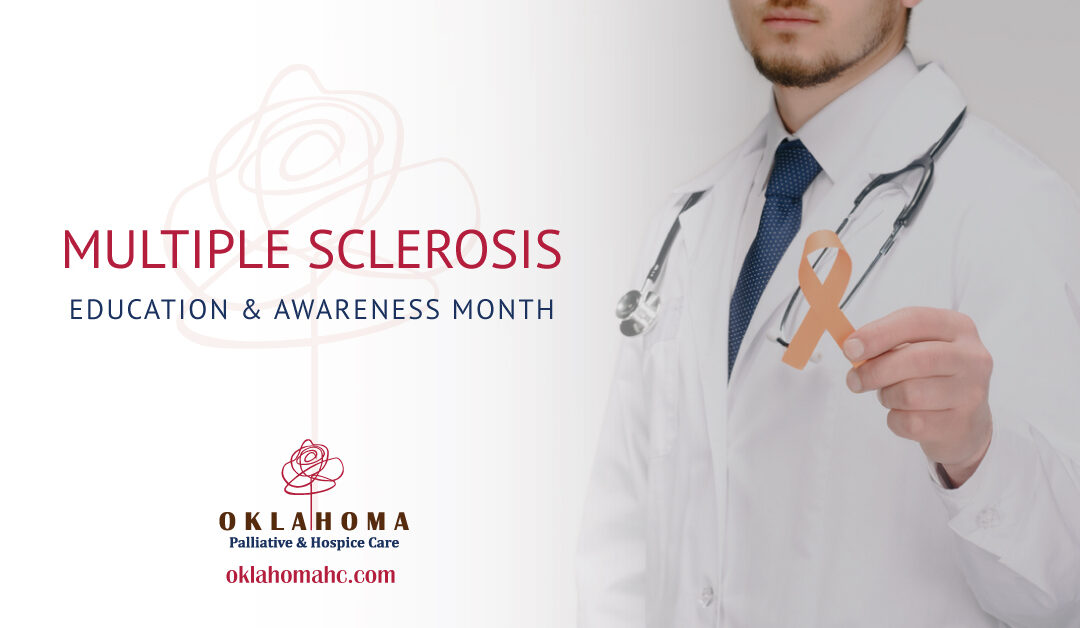Although nearly 1 million US adults live with multiple sclerosis (MS), most people don’t understand the complexity of the unpredictable disease. March is MS Education and Awareness Month, aimed at changing that and showing those in the MS community support, understanding, and compassion.
Getting Involved with Multiple Sclerosis Education and Awareness Month
Throughout March, organizations, societies, and advocacy groups band together to host educational events and activities to raise awareness about the condition.
Anyone can show their support by participating. Here are some easy ways to get involved:
- Sign up for an MS walk: Fundraising walks for MS happen all over the country in the month of March. You can walk to celebrate and honor a loved one living with MS, or join a walk if you have MS. These walks are an excellent way to connect with other patients and their families going through similar situations.
- Educational events: Whether or not you live with MS, you can still show your support and empower your community to learn more. Education helps people empathize with what others are going through and is a key component of raising awareness. You can attend live MS webinars, read books, blogs, and articles related to MS, or even listen to an MS podcast.
- Make a donation: Another simple way to participate this MS Awareness Month is by making a monetary donation toward MS research. The National MS Society has several different donation options.
- Use social media to spread the word: Use MS-related hashtags on your social network of choice to raise awareness among your network, spark conversations, and encourage others to get involved. Try hash tagging your posts with #MultipleSclerosisAwarenessMonth or #MSAwareness.
Hospice Care Can Help
When MS enters its final stage, you’ll have some tough decisions to make about your end-of-life care. But, the good news is, you don’t have to go through it alone. Hospice and palliative care offers a team of experienced and specialized healthcare professionals to help you — and your family — live out your final days in peace and harmony. Hospice isn’t a place. It’s consistent care that provides equipment, including wheelchairs and doctors and nurses on-call 24/7 during the final six months of MS. You can get hospice in your home, at an assisted living facility, a hospital, or a nursing home. The decisions are up to you and your family when you enter hospice care. Hospice doctors and nurses will help you manage symptoms including bladder, bowel, and respiratory infections, blood clots, and choking risks. There’s also emotional and spiritual support for your whole family. Contact us today to learn more.

